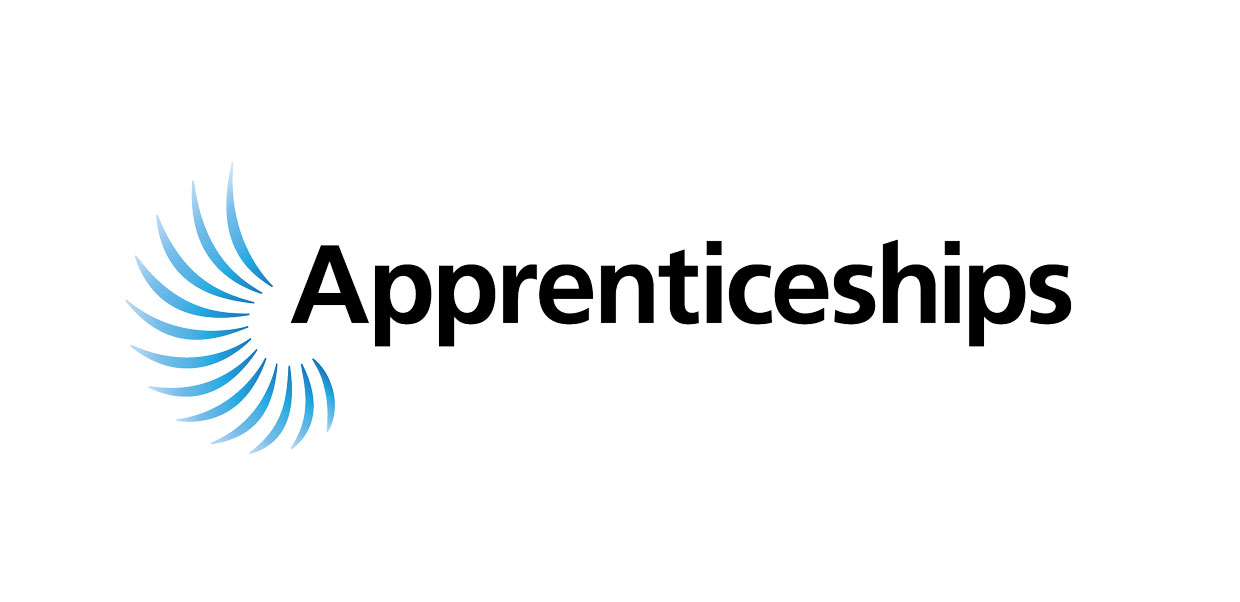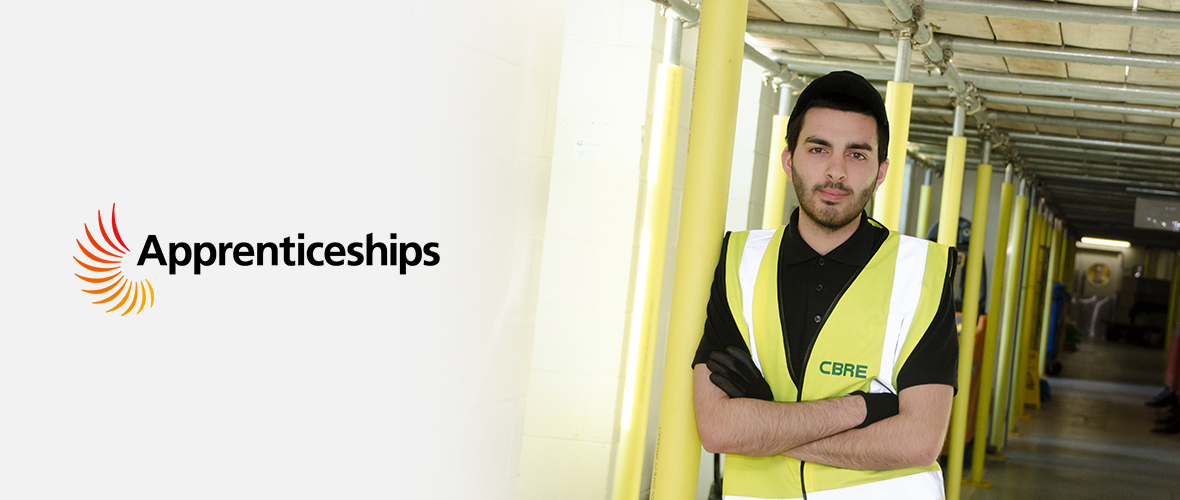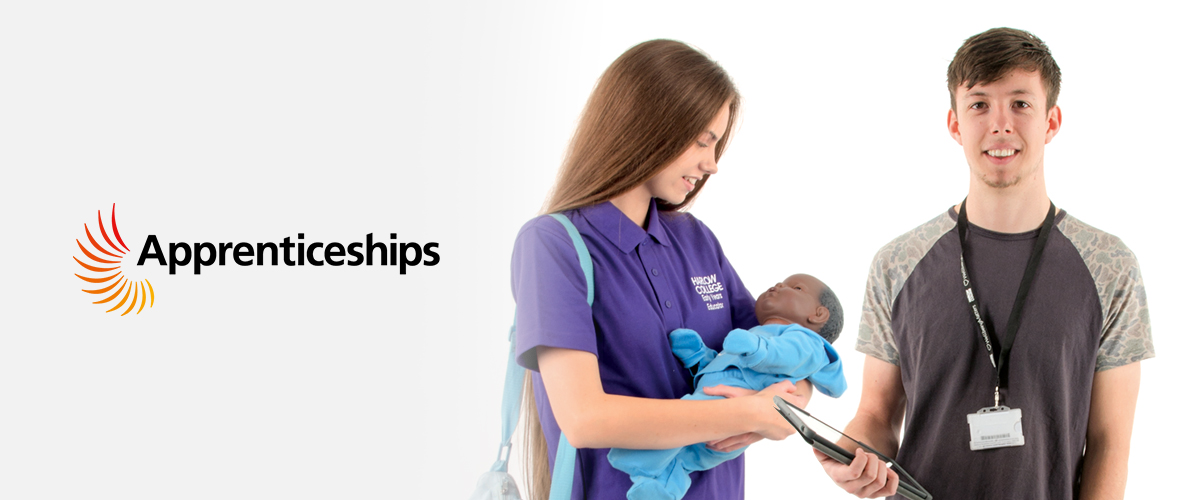
Intake Dates
October and March each academic year.
October 2024 applications have now closed.
About Finding an Employer
You MUST have an employer before you can start an apprenticeship. You can search for an apprenticeship job here.
We can offer you advice on how to successfully secure an apprenticeship with an employer.
Route
Engineering and manufacturing
Duration
Practical period - 36 months (this does not include EPA period).
Average EPA preparation period – 3 months.
Study Mode
Day release (1 day per week).
An additional half day may be required for apprentices working towards English & Maths achievement.
Entry Requirements
Minimum requirement: GCSE English and Maths at Grade 3, or Functional Skills English and Maths at Level 1.
Apprentices who have not already achieved Level 2 in English and Maths must do so before taking the End-Point Assessment.
If you have not yet met the entry requirements above, additional support and guidance are available.
Occupation Summary
A Heavy Vehicle (HV) technician services, inspects, and repairs HVs, classified by the Department of Transport as category N2 or N3, along with associated trailers and ancillaries. They work in dealerships focusing on specific manufacturers or in independent garages, franchises, or large fleet operators dealing with various vehicle makes.
Technicians handle all vehicle systems, performing tasks from simple part replacements to diagnosing complex faults using advanced diagnostic methods. The role requires strong technical expertise, problem-solving skills, and a solid understanding of vehicle systems. They must work independently and as effective team members, understand commercial operations, and demonstrate good customer handling skills while seeking ways to work more efficiently.
Course Overview
The apprenticeship standard for Heavy Vehicles (HV) focuses on equipping professionals with essential knowledge, skills, and behaviours for the HV industry. It covers fundamental HV technologies, including chassis design, engine systems, electrical configurations, and safety regulations, as well as an understanding of the Operator’s “O” Licence requirements. Apprentices learn to diagnose issues using logical problem-solving techniques and receive training in the servicing, inspection, and maintenance of vehicles to meet legal and industry standards.
Skills developed include proficiency with diagnostic equipment, performing quality checks, and effective communication with customers and colleagues.
Additionally, the programme emphasises professional behaviours such as courtesy, accountability, teamwork, and a commitment to continuous self-improvement and operational excellence, ensuring high-quality service in the HV sector.
Mandatory qualification:
-
F-gas refrigerant handling
End Point Assessment
The Apprenticeship End Point Assessment (EPA) is the final assessment an apprentice must complete to successfully finish their apprenticeship.
The End Point Assessment for this standard consists of the following elements:
- Multiple-choice examinations
- Practical task observations
- Professional discussion and review of behaviours
Progression Opportunities
On completion of the standard the Engineering Technician will be eligible to apply for registration as an Engineering Technician with a relevant professional body.
On completion and achievement of the standard, candidates will have the opportunity to progress to Master Technician, management or to develop in their current role.
Great, so what do I do now?
Call 01279 868240 to speak to an Apprenticeships adviser
Contact us about applying for an Apprenticeship



